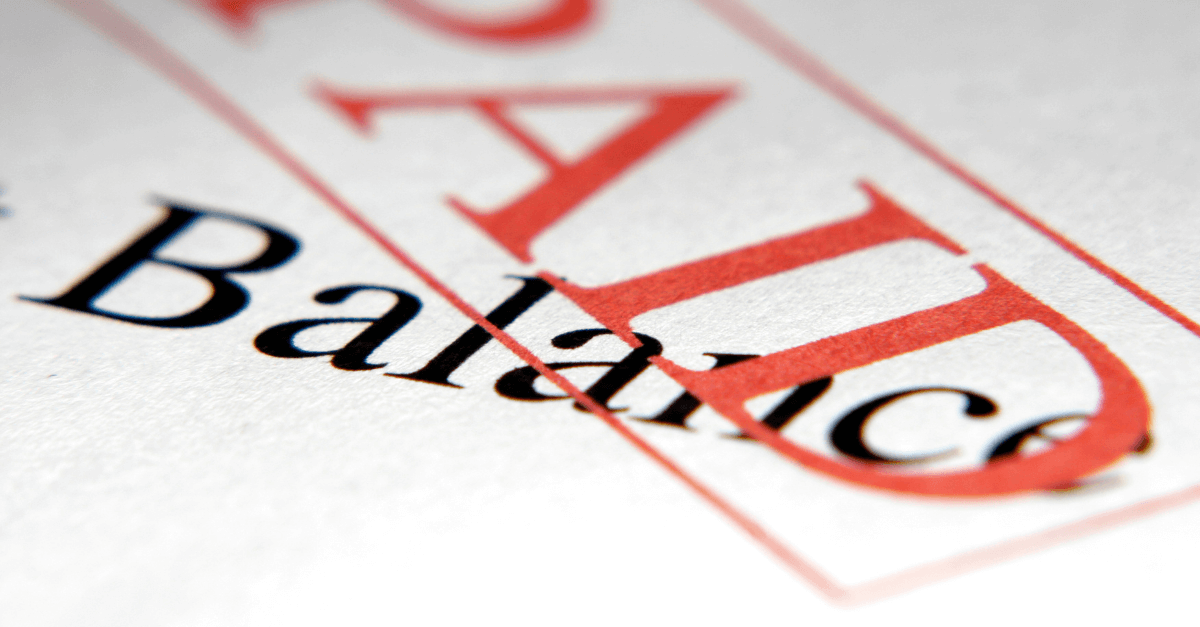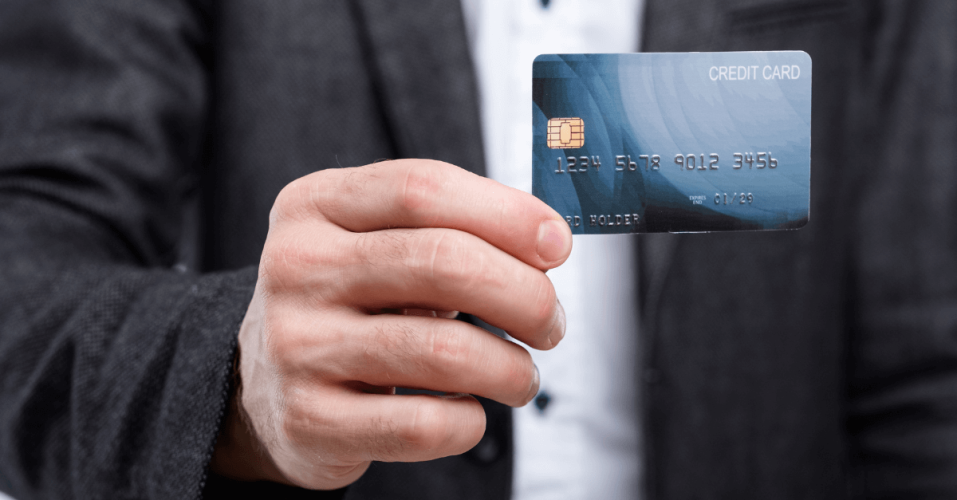If you’ve had an account end up in collections, you probably know how damaging this can be to your credit score. An account that’s been sent to a collections agency is a red flag to potential lenders that at some point in your credit history, you had an account that was seriously past due. In most cases, an account is 90 days past due before it’s sent to collections. If you’re considering paying off that debt now, you may be asking, “What happens to my credit when I pay off a collection?” Read on to find out.
The Impact of a Collection on Your Credit Scores
If you have had a good credit score except for this one account, your credit score may drop dramatically, possibly by 100 points or more if an account is referred to a collection agency. If you had a poor credit score to begin with the impact on your score may not be as noticeable.
A collection has the biggest impact on your credit score soon after it happens. As time passes, this impact won’t be as great.
Paying Back a Collection
The responsible thing to do if a debt is legitimate is to pay what you owe. Paying it back can also benefit you because it will stop phone calls and letters attempting to collect the debt, and it prevents the creditor from suing you.
You may think that paying back a collection removes the negative mark from your credit report, but that’s not how it works. A collections account remains on your credit report for seven years after the loan’s first delinquency date. Some potential lenders may not be as concerned about a paid collection account as they would be over an account that’s still past due, but others will see a collection item as a red flag.
Newer scoring models ignore paid collection accounts when calculating your score. When these models are used, your credit score may improve when you pay back a collection account. When older models are used, paying off a collection won’t have much impact on your score.
What if the Debt Wasn’t Yours?
If you see a collection account on your credit report that doesn’t belong to you, take action. Items on your credit report that are inaccurate should be disputed. This includes not only collection accounts but any accounts that you don’t recognize. It’s important to be proactive about your credit report and make sure that what’s being reported is correct. Check that your personal information is correct and check your balances and payment history on each account to ensure they are reporting the right information.
If you want some help disputing a collection item or any other inaccurate information shown on your credit report, get in touch with Dovly. We are an AI credit engine that can handle credit disputes for you. Don’t make the dispute process hard on yourself. Let Dovly take care of it for you. Try it risk-free with our free membership tier.



